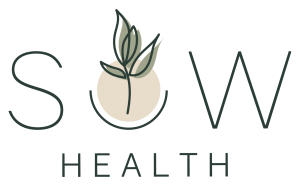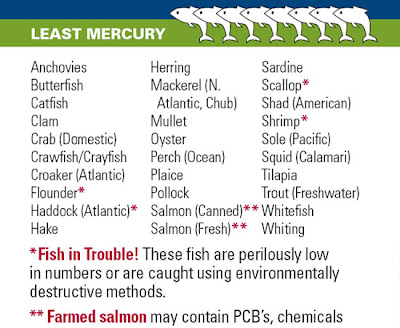For all program info & our next session dates visit this link.
Female Hormone Balance
Our society somehow thinks its acceptable to have painful and heavy periods. It isn’t! You can dramatically change your monthly cycle with simple changes to your diet.
Painful and heavy periods are usually due to inflammation and increased exposure to estrogen. Decreasing both of these factors will not only improve your periods, but your overall health. Here are some things to consider:
- Decrease saturated animal fats & dairy products, especially if non-organic. These are sources of exogenous estrogen.
- Try to eliminate eating from plastic. Be particularly careful not to heat food/drinks in plastic. Plastic is a phyto-estrogen. Glass and stainless steel are inert and considered safe containers.
- Avoid pesticides. Learn the dirty dozen and clean 15!
- Increase your consumption of fiber, especially ground flax. Ground flax helps modulate your estrogen balance and will also be good for your bowels. Try adding 2 tablespoons of ground flax per day to your diet.
- Increase omega 3 and 9 fatty acids. These include fish oil, olive oil & avocados. These are natural anti-inflammatories.
- Eliminate sugar, white flour, and refined foods. These are unhealthy and inflammatory.
- Take care of your liver! Your liver helps metabolize your estrogen and maintains your hormonal balance. Try eating 1 serving of the brassica family of vegetables daily. They are great for liver detoxification. Also be aware that B vitamins are necessary in liver detoxification. These are often depleted by birth control pills. Consider supplementing with B vitamins for overall health.
Please contact me if you have any questions or would like further information.
Yours in health,
Sarah Oulahen, HBHSc, ND.













